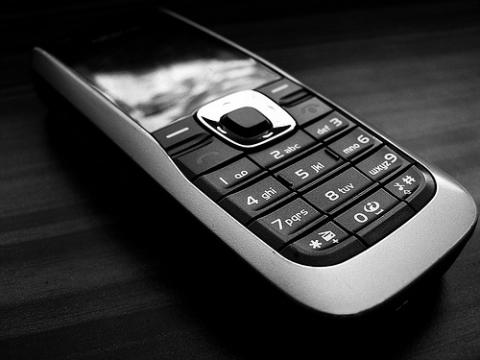The phone hacking story nobody reported

The practice of journalists hacking voicemail inboxes is back in the news for the third or fourth time. Despite all the public and political outrage, there has been little comment on the part of the mobile network operators in the UK, still less any admission of responsibility.
For many years these networks have presided over systems so insecure that the term 'hacking' flatters those who breached them. These same vulnerabilities are not peculiarly British and hacks for Irish networks are as well documented as any other on internet hacking sites. If Facebook or Google treated their users' private communications like mobile operators treat voicemails, who would sign up for that? Yet we pay money for a service that is riddled with vulnerabilities that are published on hacker sites all over the internet. Hasn't a fundamental story been missed?
As reported in the Irish Times of 8 July 2011: "Garda sources said there were currently no criminal investigations into phone hacking by journalists in the Republic because there had been no complaints about the practice." On Today FM's Sunday Supplement with Sam Smyth, communications minister, Pat Rabbitte, assured us he saw no need for an investigation into voicemail hacking in the Irish Republic as there was no evidence of it. He did allow that his position might be naive but can naievity be the defence of someone who in 2006 was himself reportedly concerned about the vulnerabilities of Leinster Houses's voicemail?
Minister Rabbitte's placement of his head in the sand seems to reflect a general tendency in Irish political and media circles to blindly ignore the following facts:
- There is indeed evidence of journalists in Ireland hacking the voicemail boxes of politicians and private individuals. (See the list of stories below.)
- Voicemail hacking is not the exclusive preserve of journalists or private investigators. Because it is so well documented and demonstrated on several web sites, why should we assume that only journalists would be interested? Why not also criminals, terrorists, currency speculators, political enemies?
- Irish mobile operators continue to operate their voicemail systems with such lax security, the term 'hacking' flatters those who breach them. Security relies on the subscriber to voluntarily set a PIN which can be bypassed by any software that can dial from a configurable caller ID. We've seen what has gone on in the UK. If your neighbour's house was burgled, why would you continue to leave your doors and windows unlocked at night? If you were a minister for communications why would you allow this to go on?
Evidence of journalistic hacking in Ireland:
- Paul McMullan, who worked for the Irish News of the World in the 1990s, said the tactics used in Ireland on some stories were the same as those used in the UK.
- Alex Marunchak, Slovak-born editor of the Irish News of the World obtained the emails of a British army intelligence officer which had been hacked into by a private investigator.
-In Northern Ireland, politicians and private individuals suspect the media of hacking their voicemails and the PSNI is to investigate. Are their lives so much more interesting?
-The Irish Mirror hacked the voicemail of several Irish politicians (including Bertie Ahern) back in the late 1990s. There is little evidence that Irish mobile operators or corporate voicemail vendors have improved their security since that time and there seems to be no will on the part of the communications minister to force them to take the measures required. An Irish Times article of 7 July quotes a spokesman for the Office of the Data Protection Commissioner saying that while "there was no evidence to suggest phone hacking was prevalent within the Irish newspaper industry...That does not mean, however, it is not happening, just that we have no proof that it is taking place.” He added that legislation was in place “to protect people”. Legislation does not protect people from burglary, locked doors and windows do.
Image top: Dominik Syka
